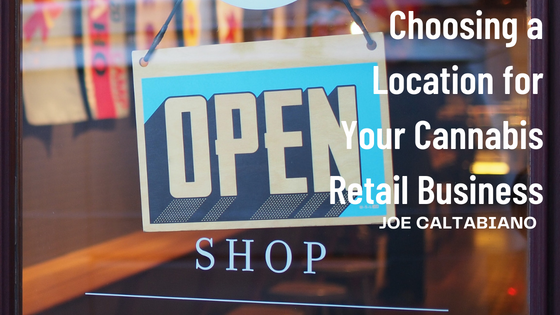Everyone in the retail industry knows that a well-designed location is significant to successful operations. Cannabis retailers are no different. Although the exact requirements for licenses and market demand will vary, having a well-designed facility can help marijuana retailers succeed. Retailers looking for the best location will benefit from understanding their local market and trends.
- Thinking Locally as well as Regionally
According to Michael Lord, the chief operating officer of LivWell Enlightened Health, a Colorado-based medical cannabis company, retailers should consider where they want to establish their operations.
Although it’s essential to know your local market, conducting market research in other areas is also important. According to the CEO of Bricks and Mortar Group, a Michigan-based real estate firm, doing so can help retailers find the ideal location that will support long-term growth.
Knowing the details of the local market can help retailers make informed decisions when it comes to planning for the future. This is especially important in such a regulated industry, as certain locations might have differing laws.
According to Brian Mitchell, the chief executive officer of Shryne Group, a Los Angeles-based cannabis company, numerous areas in California still lack a local presence for cannabis retailers. In November 2020, several cities and counties in the state voted in favor of pro-cannabis initiatives, which helped boost the local market.
- Find Your Niche
According to Seun Adedeji, the founder and CEO of Elev8 Cannabis, small and medium-sized businesses can also benefit from having a presence in rural areas. Elev8 expanded its operations in Massachusetts by focusing on border towns in New Hampshire, Vermont, and New York. These areas were cheaper to acquire real estate in than in major cities.
Adedeji noted that the beauty of these border towns is that they only have two recreational licenses per town. This means that their value can still increase. Having a presence in these areas can also help retailers expand their operations.
A small Canadian retailer known as the Erbn Green Cannabis Co. was able to expand its operations in October by opening a location in Toronto’s uptown area. According to Farrell Miller, the company’s chief compliance officer, the site was able to meet the needs of the area’s underserved population.
- Buy or Lease?
Adedeji had difficulty finding a new location for his first store in Oregon after the landlord refused to renew his lease. He decided to buy real estate instead. This method allowed him to expand his operations and avoid leasing. If prospective tenants want to lease, Adedeji advises them to consider a 10-year deal.
Landlords are sometimes reluctant to lease to cannabis businesses due to the federal government’s stance on cannabis, leading to additional concerns from property owners that they might run afoul of their mortgage lenders. As private funding for cannabis businesses increases, more companies acquire properties and then lease them back to the operators. This method allows experienced retailers to expand their operations and avoid leasing.
Leasing could be an effective strategy for cannabis businesses, especially while businesses are still recovering from COVID-19. This has allowed many business owners to negotiate better deals with their landlords, saving money for other operations.
